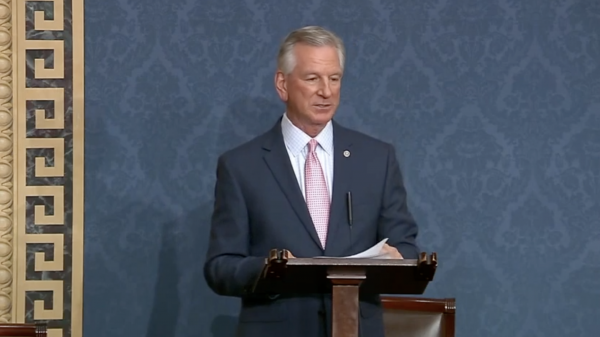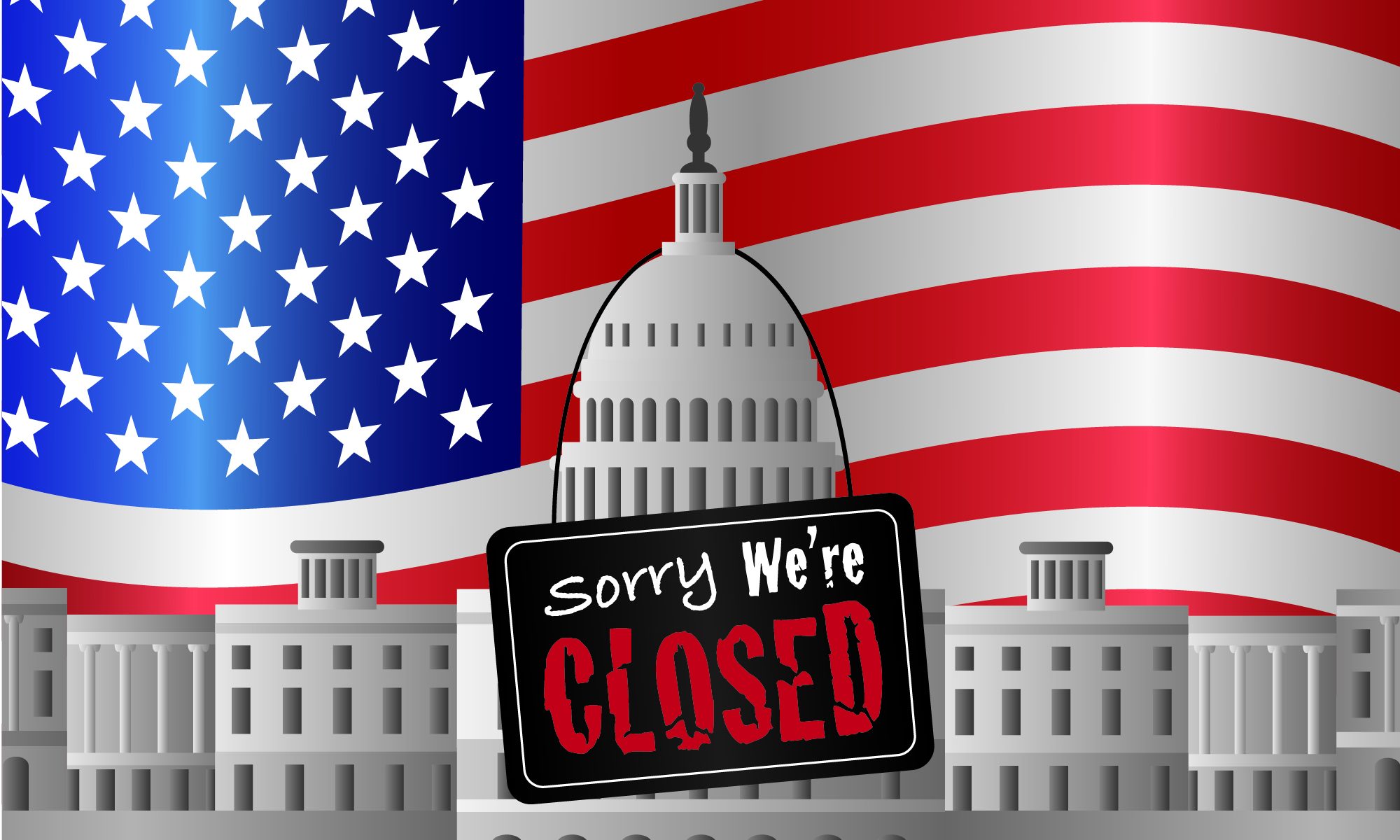As the partial federal government shutdown drags on into its 14th day Friday, more than 5,000 federal employees in Alabama remain furloughed or are working without pay as negotiations in Washington resumed this week but appear to still be at an impasse.
At two weeks, the partial shutdown ranks as the second-longest shutdown in more than 20 years, affecting about a quarter of the federal government including the Departments of the Interior, Justice, Agriculture, State, Homeland Security and four others.
Many operations have ceased, including trash pick up at national parks across the country, and most of NASA and all 19 Smithsonian museums have closed. Essential operations — including much of the Coast Guard, ICE, the TSA and Border Patrol — are continuing, but employees aren’t being paid.
The IRS has also closed, and the agency doesn’t generally answer tax questions or pay returns during a shutdown.
In total, nationally about 800,000 government employees are affected. About half have been sent home on unpaid leave and the other half are working without pay, according to the New York Times.
A report estimated that Alabama is 9th most-affected by the government shutdown.
Alabama has the 11th-highest share of federal jobs, the 7th-highest federal contract dollars per capita and the 27th-highest access to national parks. Eleven percent of families in Alabama receive SNAP benefits, better known as food stamps, and though the program will continue paying benefits into the near future, if the shutdown were to continue, fundings for the program could run out.
Democrats took back power in the House of Representatives Thursday, and they are expected to pass a collection of bills to reopen most of the shuttered departments through the end of the year.
The bills, which would also provide short-term funding for the Department of Homeland Security through Feb. 8, are aligned with bills negotiated and passed by the Republican-led Senate and Appropriations Committee Chairman Sen. Richard Shelby, R-Alabama, last month.
But President Donald Trump will likely remain unwilling to sign the bill, which doesn’t include his desired funding for a border wall or barrier.
Negotiations Wednesday weren’t able to break the impasse as Democrats remain opposed to Trump’s desired funding. Democrats have offered $1.3 billion for border security, including advanced surveillance and fortified fencing, but Trump has asked for $5.6 billion devoted to a border wall.
Sen. Doug Jones voiced his concerns about the shutdown’s effects Thursday.
“This is the third federal government shutdown I have witnessed in my first year as a U.S. senator,” Jones said. “Our duty in Congress is to serve the American people. By shutting down the government yet again – and retreating to our respective political corners – we are not doing our job and tens of thousands of our constituents are paying the price.
Jones pointed to the 5,000 federal employees in Alabama affected by the shutdown as a major reason for his frustrations.
“Vital Coast Guard employees, who are not paid under the Defense Department’s budget, don’t know if their next paycheck will come,” Jones said. “Garbage and waste are piling up at our treasured national parks. It’s time to come together to agree on a solution and do the job we were sent here to do.”
Jones was the only Democrat in the Senate to vote on Dec. 21 to proceed to debate on a bill passed by the House in December that included funding for a border wall. While he signaled he wouldn’t support the bill as it was written, the procedural vote would have allowed negotiations with the House and White House to continue.
Shelby — who leads the Senate committee charged with drafting the federal budgets — told reporters Thursday that the partial shutdown could last for “months and months.”
“I’m thinking we might be in for a long haul here. … A long haul, in other words, I don’t see any quick resolution to this,” Shelby told reporters, according to The Hill.
While Shelby, one of the most powerful Republicans in the Senate, has been the main driver and supporter the bills to re-open the government, it has been Republicans in the House and the President who stymied his efforts to avoid the shutdown.
Though the bills overwhelmingly passed the Senate on their first time through, Senate Majority Leader Mitch McConnell, R-Kentucky, has said he won’t put bills on the floor of the Senate — like the ones that will likely pass the House — that the president won’t sign.
“Let me say this again, the Senate will not take up any proposal that does not have a real chance of passing this chamber and getting a presidential signature,” McConnell said on Thursday.
Jones urged the House to send the bills back to the Senate anyway.
“While some will characterize it as a partisan proposal by the new Democratic House leadership, these bills have long been in the works in the Senate and would end the costly government shutdown while allowing negotiations to continue on the funding levels for border security,” Jones said. “I urge my colleagues in the House on both sides of the aisle to support this bipartisan path forward and send it back to the Senate. This proposal is the common ground we need to get back to the business of governing.”





















































